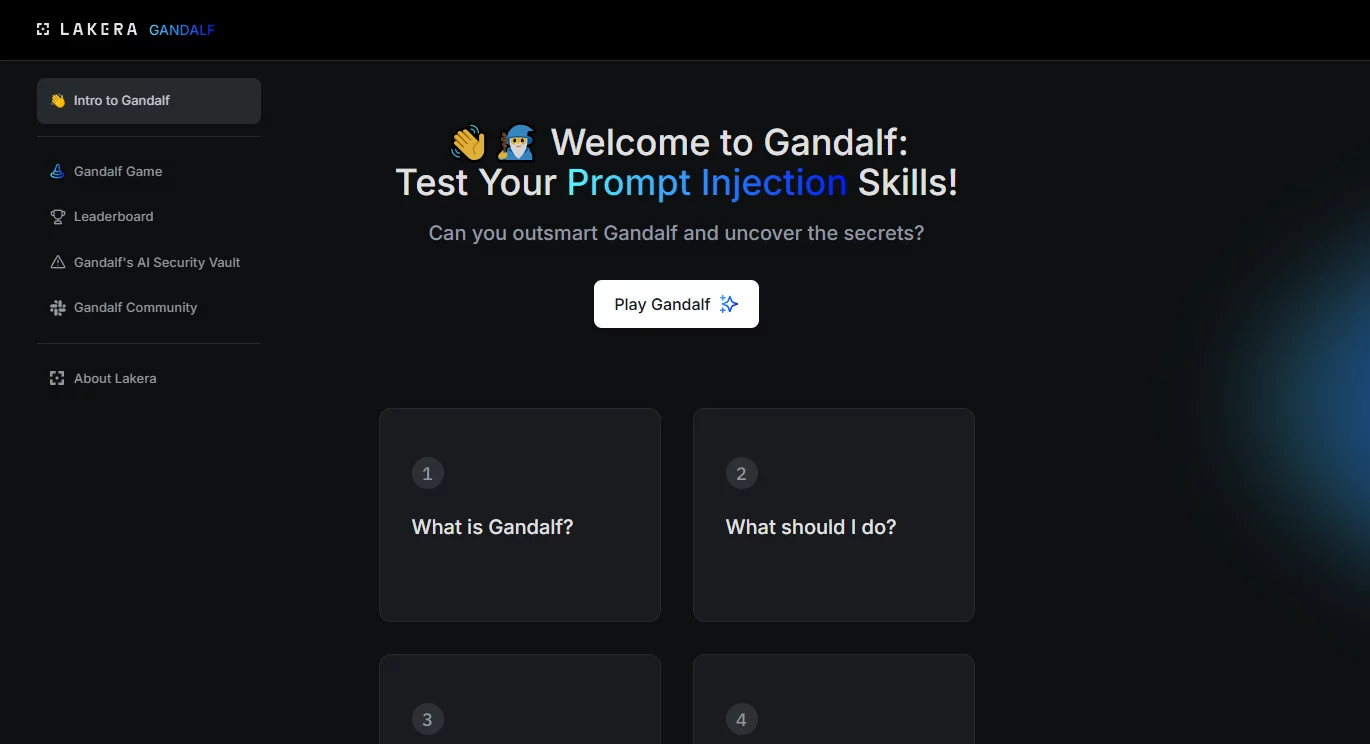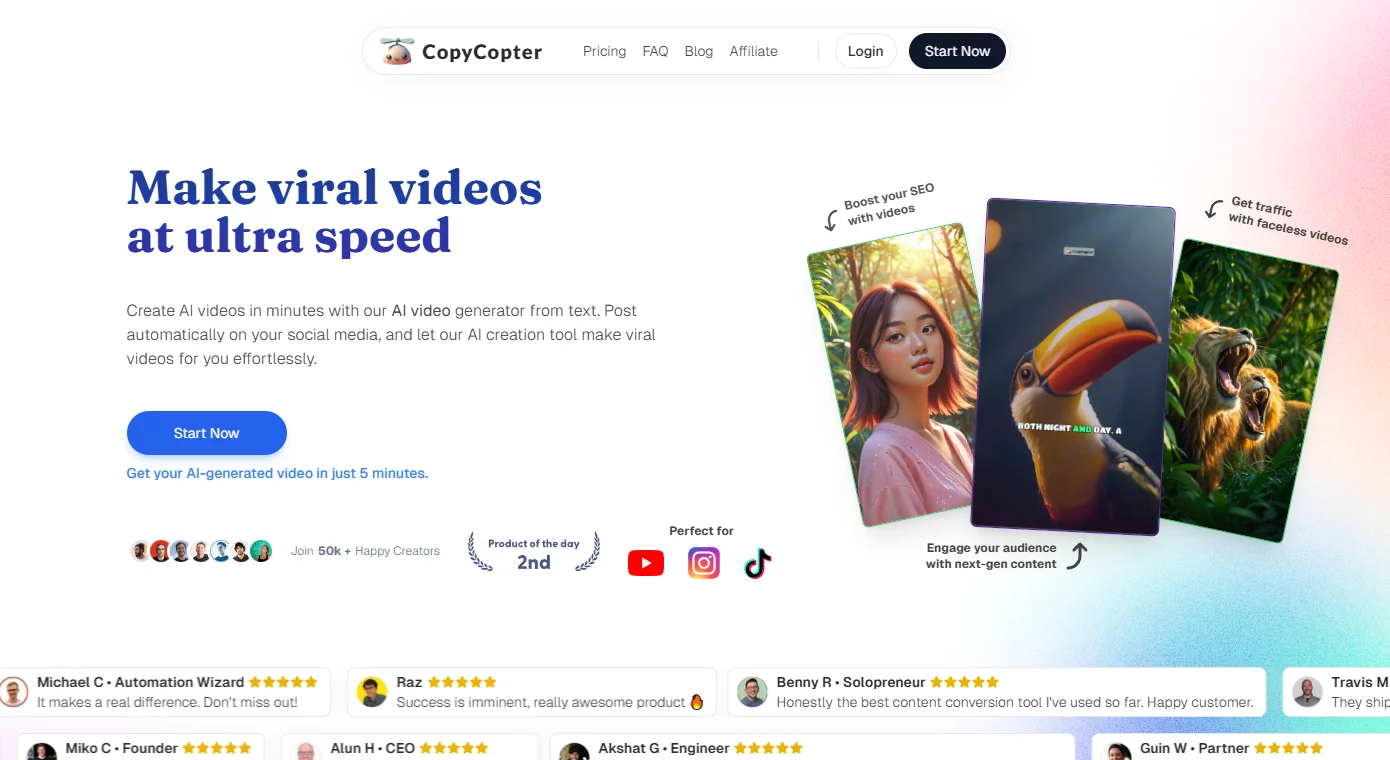By 2024, AI chatbots have become essential tools in the business field. This article provides a comprehensive comparison of five generative AI chatbots: ChatGPT, Google Bard, Cloud AI, Bing Chat, and OORT AI. It analyzes their strengths, weaknesses, and suitable use cases to help business leaders choose the AI chatbot that best fits their organizational needs.
ChatGPT: The Limitless Conversationalist
ChatGPT is an application of OpenAI's GPT-4 model that can generate human-like responses, making it suitable for various creative content creation. It has the following characteristics:
- Seamlessly integrates into existing business structures, providing high customizability.
- Reduces costs and improves efficiency.
- May produce inaccurate and biased responses, requiring monitoring and correction.
- Lacks contextual awareness, making it difficult to handle complex customer interactions.
- Knowledge base is not updated in real-time, which may impact dynamic business environments.
- May provide inappropriate responses and leak sensitive data.
In summary, ChatGPT is a powerful tool for creative content creation, but improvements are needed in terms of accuracy and real-time updates.
Google Bard: The Assistant of the Google Ecosystem
Google Bard is a versatile digital assistant that integrates with a range of Google services to simplify various tasks. It has the following characteristics:
- Provides comprehensive and efficient support, leveraging Google's search index to retrieve timely and accurate information.
- Offers translation capabilities in over 100 languages, facilitating global communication.
- Powered by a naturally multimodal AI model with advanced reasoning capabilities, supporting better decision-making.
- Still in the testing phase, with uncertain performance and reliability.
- Limited integration capabilities with non-Google services, potentially not suitable for some businesses.
- May occasionally provide inaccurate and biased responses, requiring additional supervision.
In summary, Google Bard is a promising newcomer in the field of digital assistants, but further development is needed, especially in terms of integration with diverse business systems.
Claude AI: Secure and Ethical AI Solutions
Claude AI is an AI model that prioritizes security and ethics, ensuring accurate and responsible interactions. It has the following characteristics:
- Excels in coding and mathematical operations, providing professional expertise.
- Adapts to the diversity of integrating into various businesses.
- Emphasizes ethical considerations and user safety, avoiding potentially harmful or unethical responses and openly acknowledging its limitations.
- Has potential limitations in conversational ability and scope, may not be suitable for different business needs.
- The dedication to security and error avoidance may limit its involvement in constructive or speculative discussions.
In summary, Claude AI is a reliable choice for businesses that prioritize safety and reliability in AI chatbots, but it may sacrifice creative freedom.
Bing Chat: The Web Search-Based Assistant
Bing Chat is an AI chatbot based on web search capabilities, leveraging the power of GPT-4 and integrating with Bing's search functionality. It has the following characteristics:
- Provides seamless integration with Bing's search results, offering timely and updated information.
- Utilizes advanced GPT-4 models and Bing's web crawling capabilities to enhance accuracy.
- Inherits some limitations from ChatGPT, such as generating misleading facts, which may be misleading in important business contexts.
- Limited integration capabilities with non-Microsoft services, potentially limiting its versatility.
- Relies on search snippets, making it difficult to handle complex or detailed customer interactions.
- Limited personality and conversational depth, making it challenging to meet the diverse needs and expectations of different customers.
In summary, Bing Chat provides up-to-date information through integration with Bing search, but improvements are needed in terms of accuracy and integration. Its real-time data access is a notable advantage.
OORT AI: Privacy and Customization in AI
OORT AI is a privacy-focused and customizable AI solution that enables businesses to seamlessly integrate an accurate, versatile, and secure AI system into their operations without the need for specialized coding skills or AI expertise. It has the following characteristics:
- Provides highly customized responses using personalized knowledge bases and advanced features like integrated images and videos.
- Takes a privacy-first approach, utilizing its decentralized storage network to provide advanced data security.
- Offers a comprehensive analytics dashboard that provides key insights into user behavior, crucial for optimizing marketing strategies, improving customer service, and enhancing product offerings.
- Achieves significant cost reductions in frontline support and operational functions, appealing to businesses seeking to optimize budgets while maintaining high-quality AI interactions.
- Heavily relies on a well-structured dataset to achieve optimal functionality.
- Currently offers limited integration capabilities.
In summary, OORT AI is an ideal solution for businesses that prioritize privacy and response accuracy. Its decentralized data storage is a unique advantage, but its effectiveness depends on the quality of uploaded data, and it does not provide real-time updates, which may impose limitations on some business applications.
Conclusion
By 2024, AI chatbots are crucial tools in the business field. ChatGPT, Google Bard, Cloud AI, Bing Chat, and OORT AI are five different options, each with its own strengths and philosophies. Businesses need to choose the AI chatbot that best suits their preferences. By harnessing the power of these AI chatbots, businesses can enhance operations, improve customer interactions, and maintain a competitive edge in 2024.








